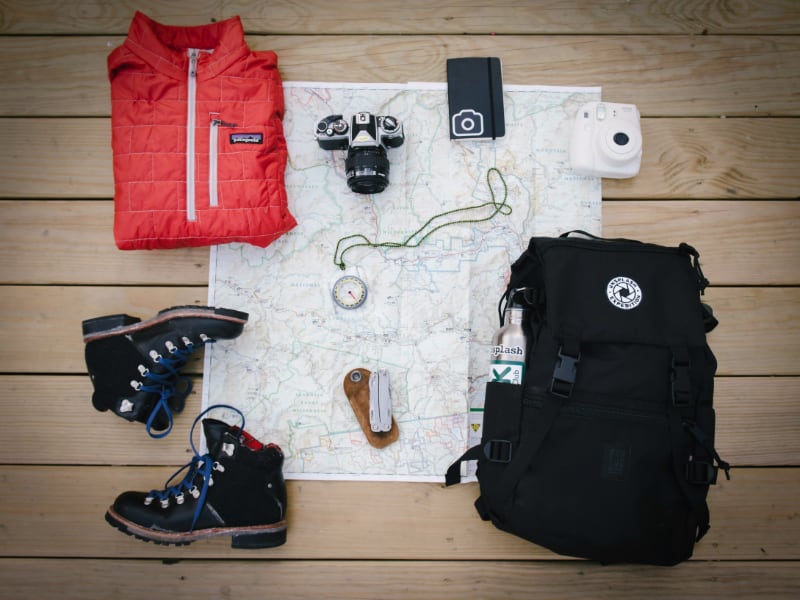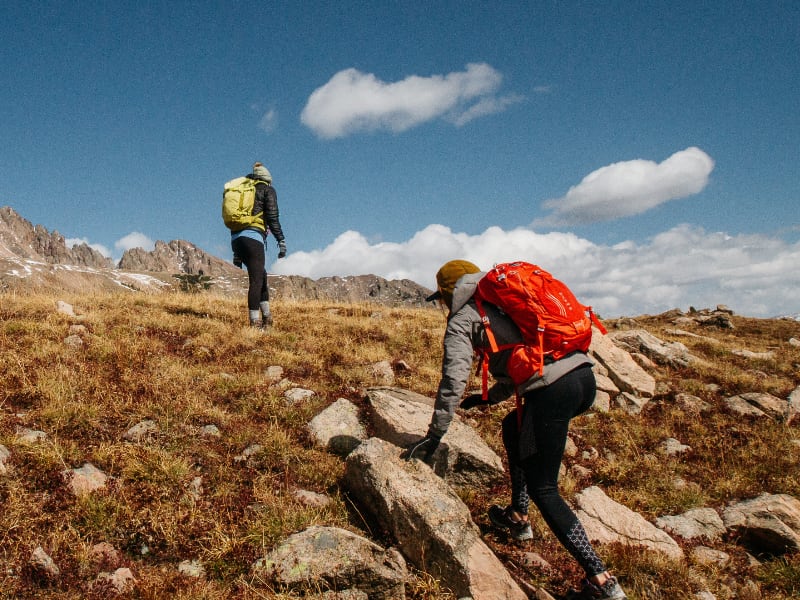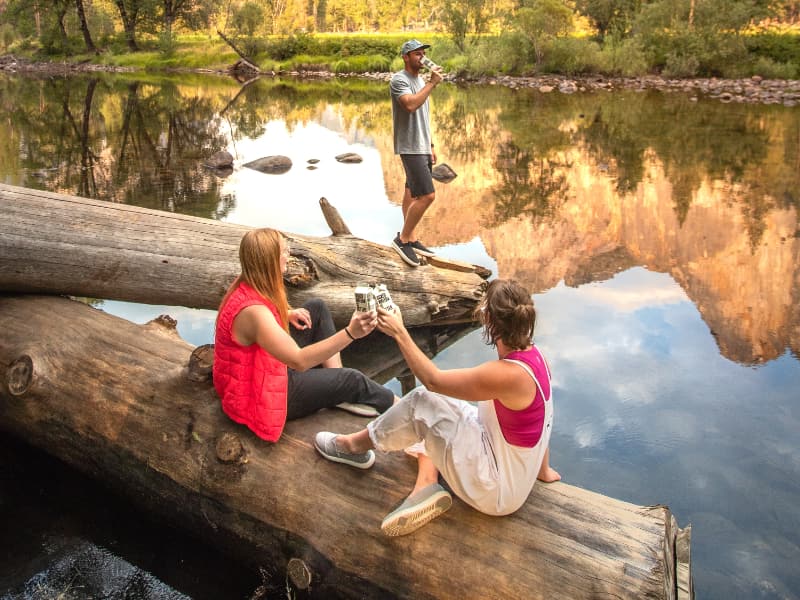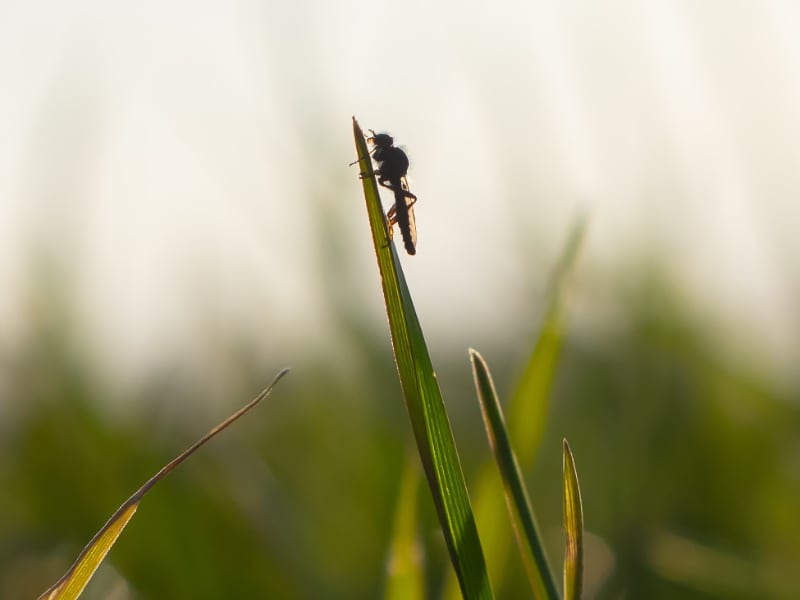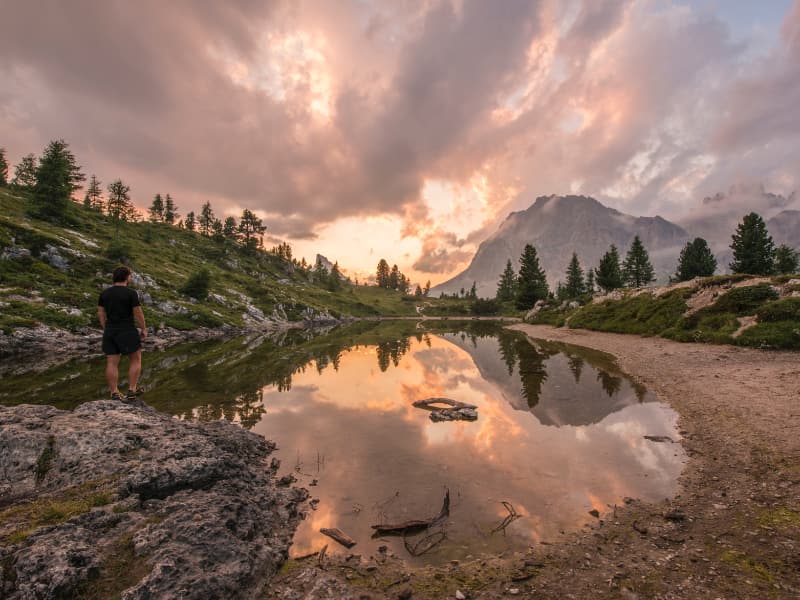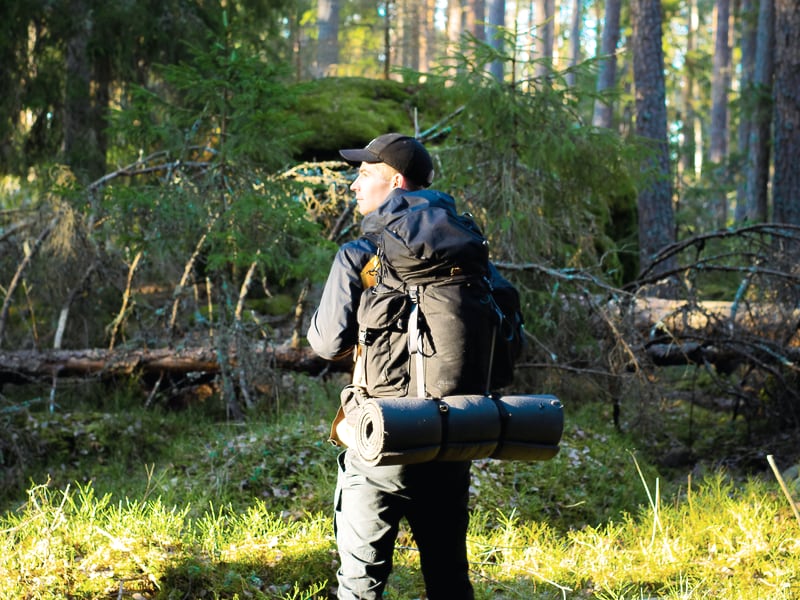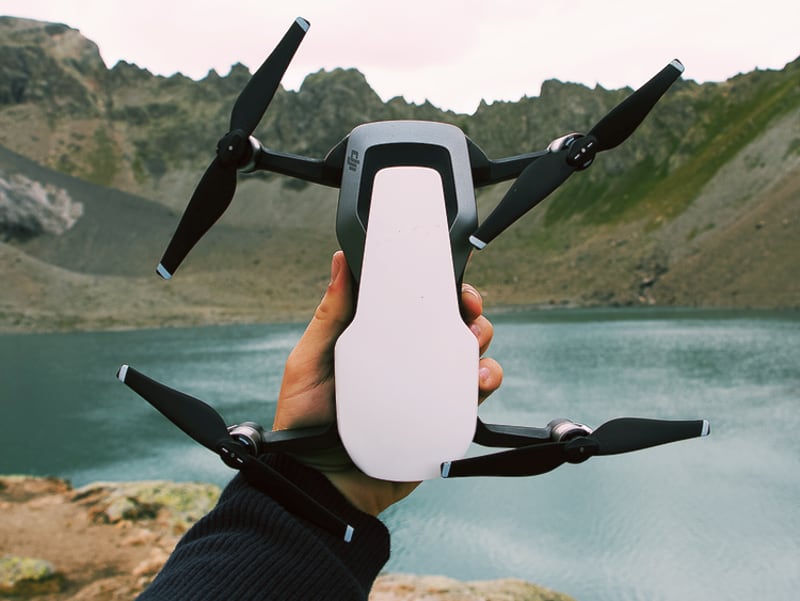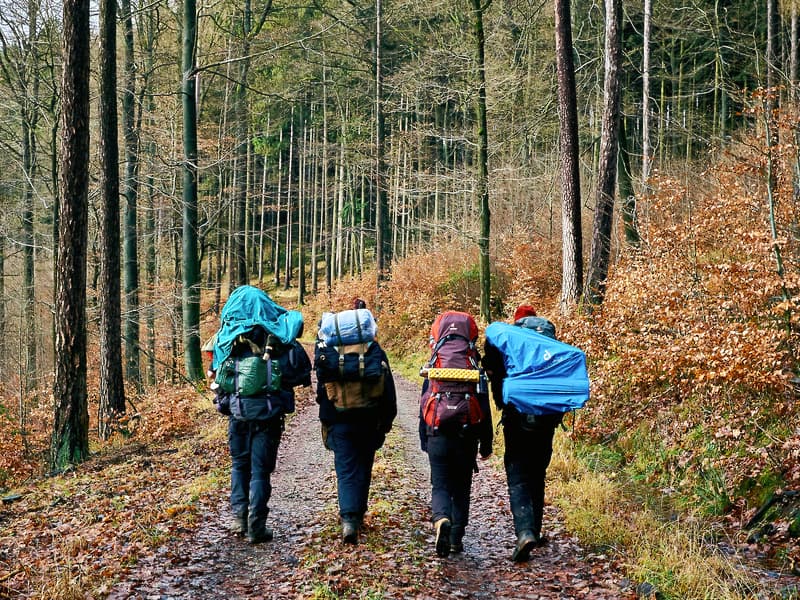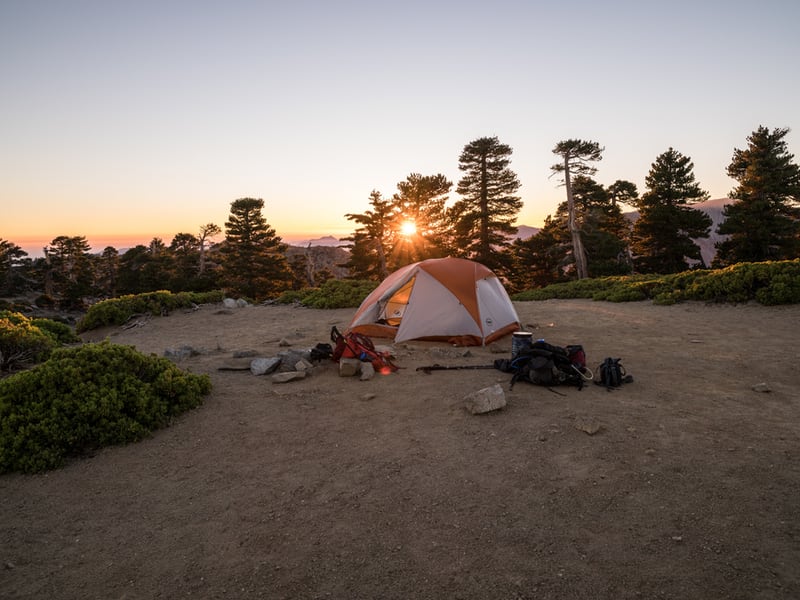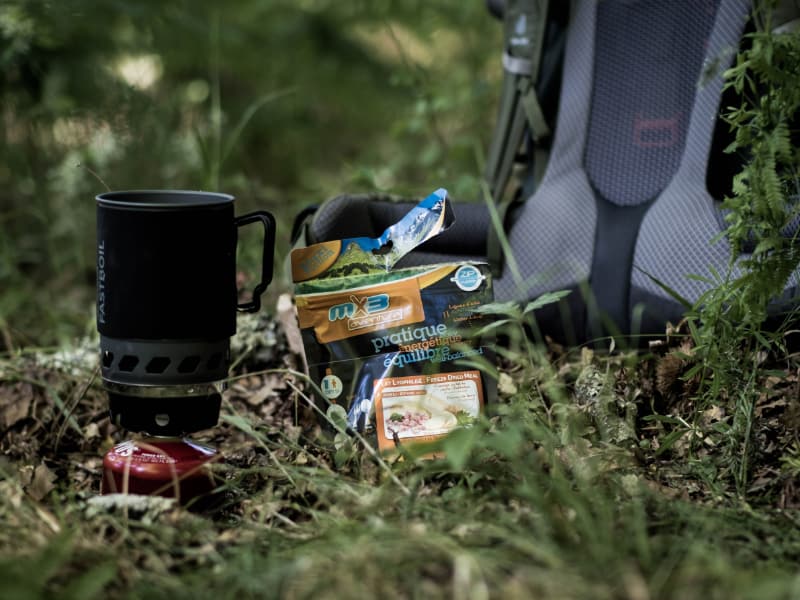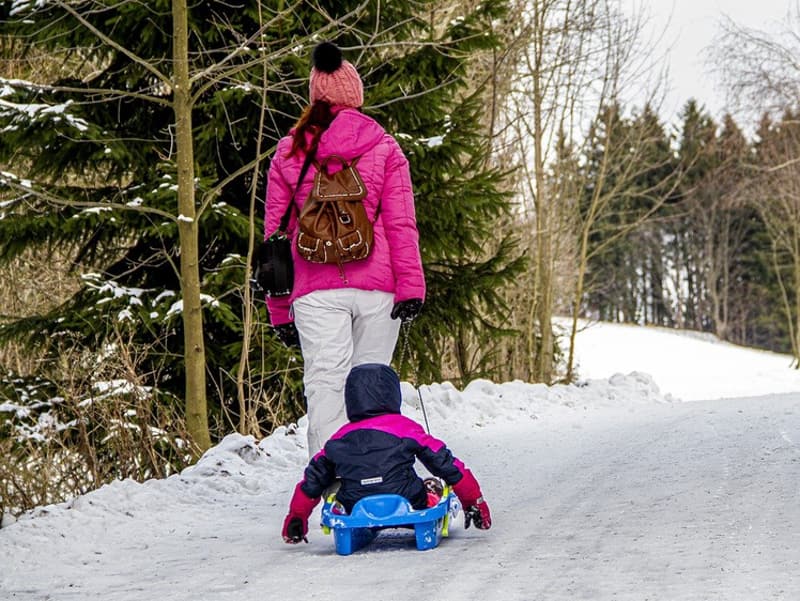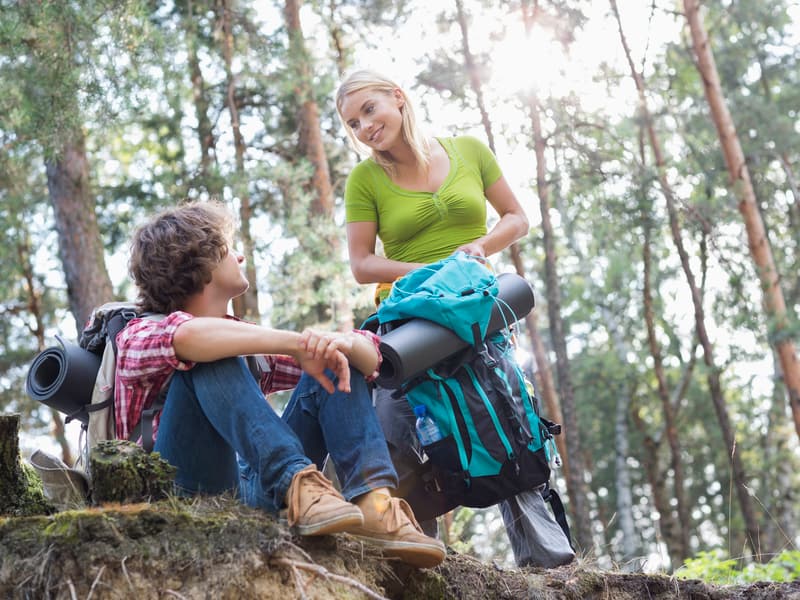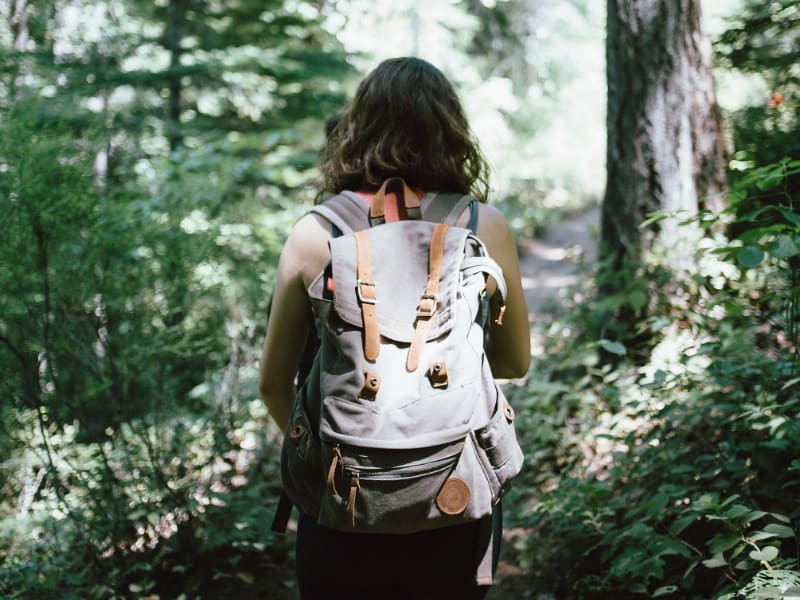Knee-deep in the digital age, where addictions to devices and social media have even infiltrated young children’s lives, a movement has emerged to counteract this phenomenon. Today, more parents, educators, and foundations are encouraging kids to unplug and take a hike.
Once a favourite familial pastime, hiking promotes whole-body child development. In fact, new research has underscored the health benefits and mental and emotional well-being developed through time spent outdoors. Additionally, students gain deeper awareness and appreciation of the environment. Here are five reasons more schools should take kids hiking.
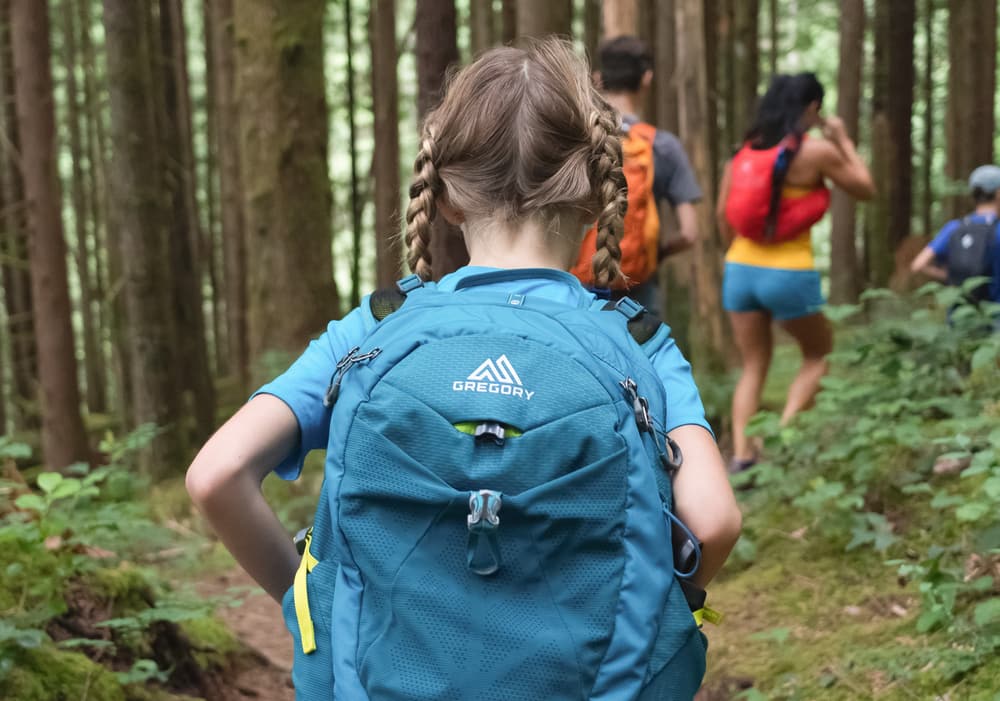
1. Promotes Physical Health
Although childhood obesity rates in the United Kingdom remained relatively stagnant from 2006 on, the COVID-19 pandemic saw a sharp increase from 9.9% in 2020 to 14.4% in 2021. While childhood obesity fell to 10.1% in 2022, the rates remain higher than before the coronavirus.
Integrating hiking activities in schools can help prevent childhood obesity rates from rising again. With hiking, students can increase their physical exercise to manage weight and maintain optimal health.
2. Boosts Mental Health
Although lighting technologies have improved to mimic natural light, nothing surpasses the benefits of the real thing. For instance, exposure to sunlight during school hours can boost students’ mental health.
Natural daylight has higher vitamin D levels than artificial light, reducing seasonal affective disorder (SAD) in the wintertime and boosting productivity and attention in class.
Additionally, a recent study from the Mental Health Foundation found that 45% of U.K. residents coped with the pandemic more efficiently by visiting green spaces. The researchers also suggested that connecting with nature enhances our happiness and well-being overall.
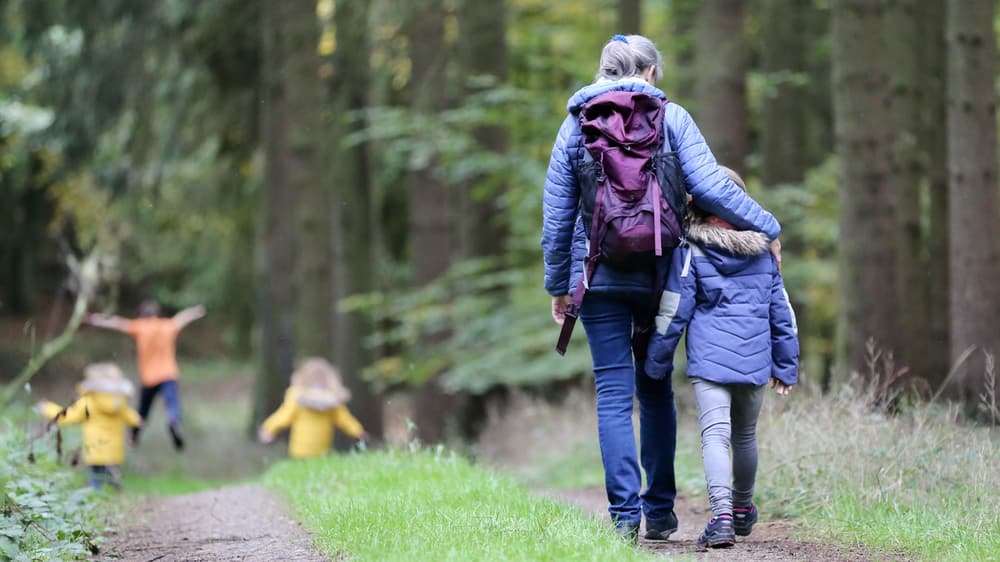
3. Improves Sleep
As kids get older, their daily sleep requirements change. The National Hospital System (NHS) of Greater Glasgow and Clyde states that children between 6 and 13 years old need 9 to 11 hours of sleep each night. Teenagers aged 14 to 17 years old require 8 to 10 hours.
Perhaps most alarming, NHS data show that children accounted for 11,313 hospital admissions for sleep disorders from 2018 to 2019 – 4,764 more children than in the previous six years.
Physical activity and a daily dose of sunshine can dramatically improve sleep outcomes in school-aged children. In fact, just 2.5 hours of outdoor light balances the body’s circadian rhythm for a better sleep cycle and daytime alertness.
4. Provides Environmental Learning
Emphasis on environmental education is more prevalent amid rising awareness of climate change, spearheading numerous academic initiatives for protecting the planet. Children, especially, have demonstrated growing concern about how climate change will affect their lives and ways they can become part of the solution.
According to The Economics of Biodiversity: The Dasgupta Review by the Government Digital Service, our connection with nature wanes significantly from childhood to our teenage years.
When considering why hiking should become a part of schools, the potential for heightened environmental awareness and instilled ecological values are too outstanding to overlook. Several studies suggest that children with positive natural experiences demonstrate greater stewardship and environmental concern as adults.
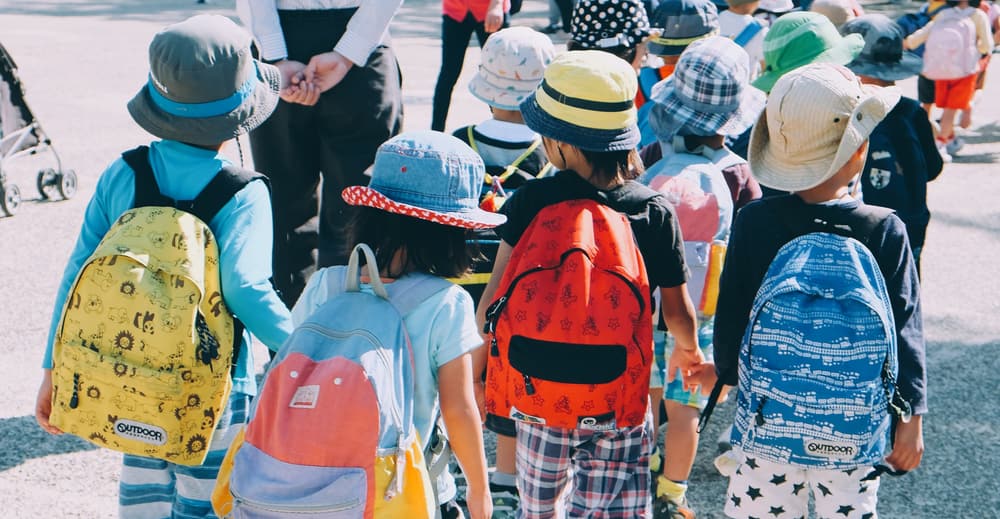
5. Helps Students Build Skill Sets
Hiking in nature helps children develop specialized skills they can carry with them throughout their lives. For instance, children have plenty to look at and investigate in the natural world. While hiking, they learn observational skills that trigger curiosity and help them recognize patterns.
Empathic tendencies are also a crucial part of childhood development, which hiking outdoors can facilitate. When students learn to put aside their feelings and focus on nature’s needs, they simultaneously learn to separate their emotional experiences from others. This also teaches them emotional self-regulation.
Hiking During School Benefits Students
Students who hike at school are healthier and happier than those who don’t have nature-based experiences. Teachers, administrators, and parents can improve students’ physical, mental, emotional, and social well-being when they take students outside.
To learn more about how you can be a part of helping kids get outdoors, visit our Waterproof and Wellies Project.


